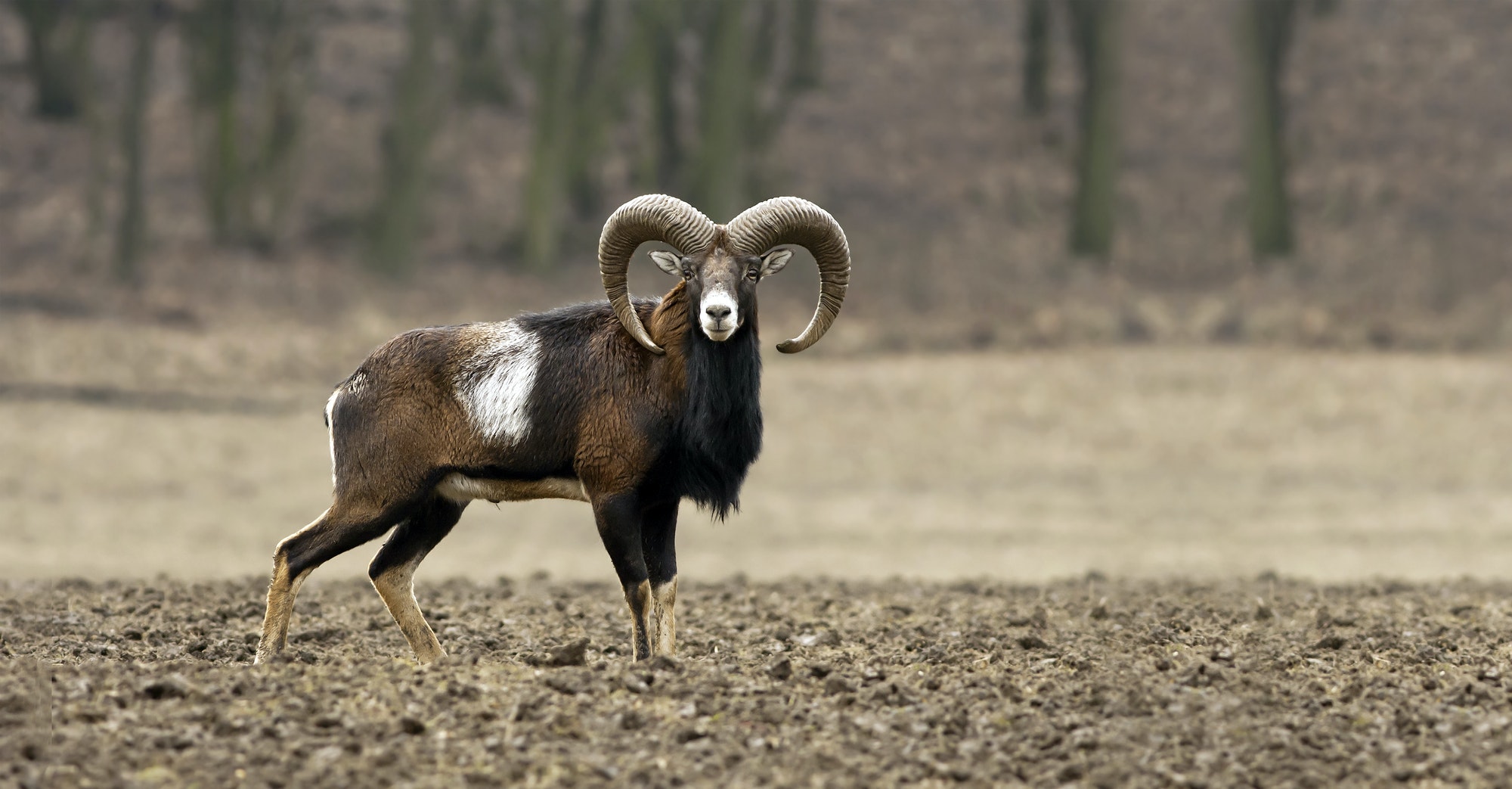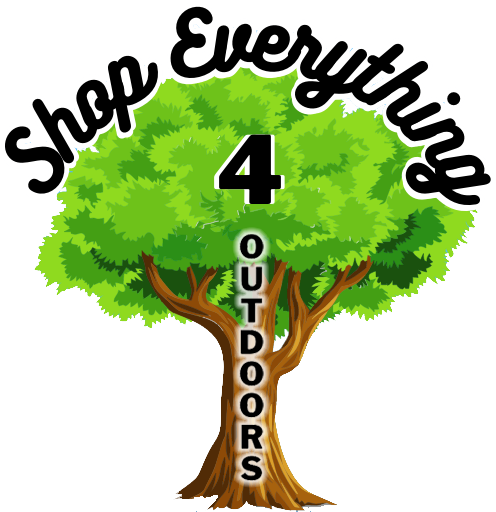
Hunters Are All About Conservation
Hunters get a bad rep, and honestly, it’s easy to see why. With grocery stores on every corner, many people think it’s rather barbaric that anyone would go into the woods and kill wild animals. The average hunter, however, cares more about the environment and conservation than you think. Sure, some go on trophy hunts and are loud and proud of their kills, but most hunters are gathering food for their families, whether that be deer, turkey, quail, boar, or anything else legal and in season. Other hunts, such as coyotes and gators, are done to thin a dense population that threatens prey animals.
I’m not speaking without experience. I co-own thousands of acres in south Georgia, many of which are long needle pine boroughs that are just now hitting their 50th year and getting ready for the last cut. Even though I live in the suburbs north of Atlanta, I buy very little meat from a grocery store. Instead, my husband hunts deer from October to January in those boroughs and tags just enough to feed our family of five with a few extra pounds for friends and relatives. My grandfather has spent decades bird hunting that same land and running conservation campaigns, too. This land we own is vital for the wildlife in Georgia, and both men care deeply about the flora and fauna that thrive on those acres.
The same people who speak out against hunting are the same ones who are encouraging everyone to obtain ethically sourced everything. What they don’t seem to understand is that the meat we eat is ethically sourced, and the process is undoubtedly kinder than your average cattle farm. We even process our own meat each time my husband comes home with a kill, so we aren’t contributing to factory pollution. We make our own ground, wrap up the tenderloin and backstrap, and process our jerky and sausage, too. The legs are cooked and frozen, then given to our dogs throughout the year. We don’t waste any of it. Even the skulls and bones are bleached and used for art projects and decor.
Hunters in America, like my husband and grandfather, have contributed billions of dollars (over $40 billion according to the U.S. Fish and Wildlife Association) towards conservation efforts, all while carefully selecting their kills to keep the deer and bird population thriving. In fact, hunters are the number one contributors to conservation efforts. A rapidly dwindling whitetail deer population with numbers in the 300,000 in the early 1900s has increased to nearly 30 million since these conservation efforts started.
If no one hunted, however, this population would be higher, and so would disease and starvation for these very same animals. There’s only so much land for these whitetail deer to live on freely. It’s a careful balance, and hunters do their best to uphold it. This city girl reaps the benefits at her dinner table each night. So, the next time you meet a hunter, thank them for doing the most for U.S. conservation efforts. I promise if they hunt, they contribute.
